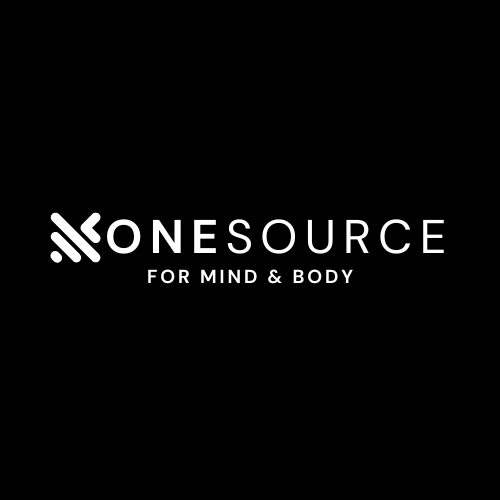Financial Advice: Step 1
A friend of mine reached out to me recently. They received an inheritance from a family member, and didn’t know what to do with the money, and asked me for advice.
Right away my brain went to “well you have to diversify,” “you should look into ETFs,” “if the market returns 8% on average per year then, over the course of 10 years, you’ll have X more dollars,” and lastly, “well, we don’t know what the fed is going to do, but if they start cutting interest rates this year…blah, blah, blah, blah, blah.”
But I stopped myself, because I realized for the first time in my adult life that information wasn’t going to be helpful in getting him to act. It was only going to fill his brain with information he didn’t know what to do with (for now), and likely cause paralysis by analysis.
So, instead I asked, “Where is your money right now, and do you know what percent interest you’re receiving? Is it close to 5%?”
He replied, “more like less than 1%.”
So, I told him to open a Wealthfront account, which is where I keep a rainy day fund, and that he’d get 5.5% interest for 3 months (promotional boost), and then 5% after that, as long as interest rates hold. I said transfer your money there, and once that’s done, let me know and we’ll talk about other ideas.
With his account open I suggested the following steps:
As long as you’re getting 4-5% in the Wealthfront high yield savings account, keep as much money there as you want. Free interest money.
Open a Fidelity account, so when you’re ready to start investing in the stock market, you can easily do it. Link your Wealthfront account to your Fidelity account so you can easily transfer money.
Open a Fundrise account. Fundrise is a crowd sourced real estate investment platform. You can pick a real estate portfolio that spreads your money out across a wide range of properties to spread your exposure and reduce your risk. It’s one way to diverse into real estate. Open an account here and link it to your Wealthfront and your Fidelity account so you can easily move money between all of them.
After that, it gets a little personal.
It was kind of an eye opening experience for me. Because in that moment I realized the way I usually give advice is not helpful. It doesn’t help facilitate action. It’s really just the passing of information, which, for a first timer of any discipline, is overwhelming.
It’s reminiscent of two things that have recently popped up in my life.
At a recent Advancing Food is Medicine event, hosted by ThinkRegeneration, Dr. Nasha Winters had just finished presenting and was taking questions. She was asked, “how do you get patients who don’t like to eat whole foods to start to change their habits?”
Her reply to those patients is, “Let’s talk about what you do eat, not what you don’t, and build on that.”
In The Lion Trackers Guide to Life, by Boyd Varty says, “In the hour and a half it took us to find the lion, I couldn’t make out one clear track. Where else in my life was there a path that I was missing? The implications felt profound.”
This experience made me question where else in my life I might be missing the real question, the right answer, and therefore, failing to help people.
